Supreme Court Extends Time Frame for Challenges to Regulations
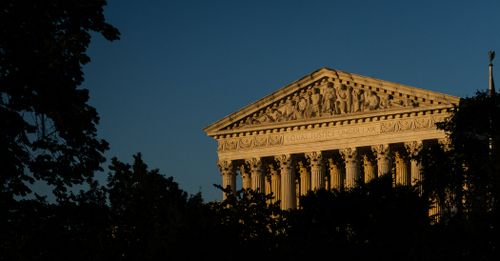

At issue in the case was whether Corner Post was too late when it brought its legal challenge. The store argued that it should not be bound by the six-year statute of limitations to challenge the 2011 regulation because it opened for business in 2018, after that deadline had passed.
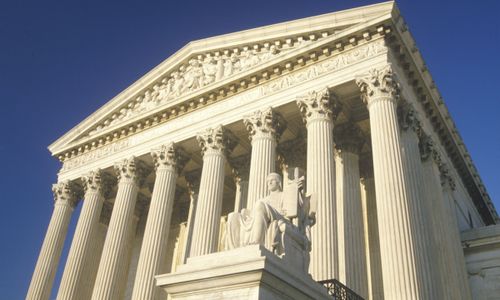
In a decision regarding debit-card swipe fees that could reshape the landscape of federal regulations, the US Supreme Court has ruled that some regulations can be challenged many years after they were enacted. The ruling, which addresses a case over debit-card swipe fees, suggests that a wide array of long-standing rules could now be vulnerable to legal challenges.
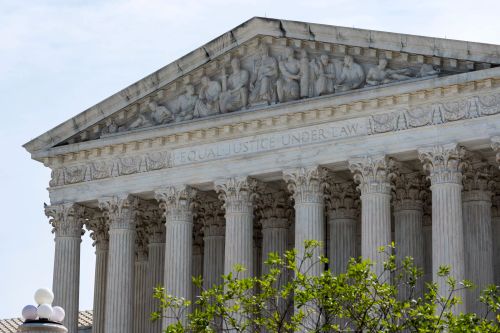
The broader crux of the case was the question of whether litigants who are suffering from an alleged legal wrong due to an agency action are “entitled to judicial review thereof” under the Administrative Procedure Act. Justice Brett Kavanaugh concurred with Barrett’s majority opinion, saying, “Corner Post can obtain relief in this case only because the APA authorizes vacatur of agency rules.” All three Democratic-appointed justices on the high court, Elena Kagan, Sonia Sotomayor, and Ketanji Brown Jackson, dissented.

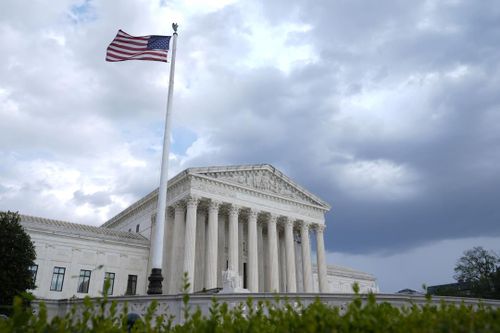

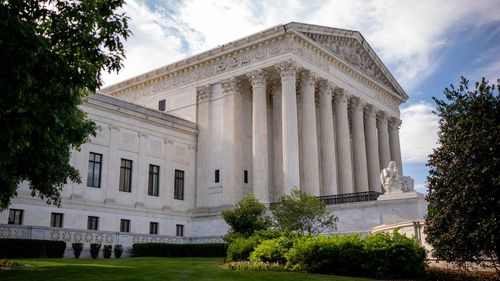
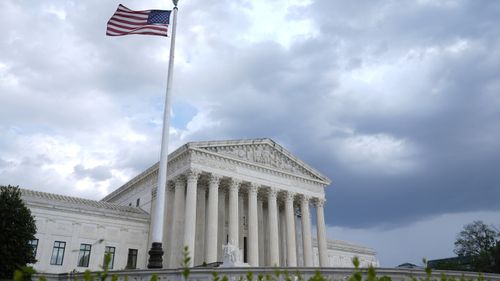




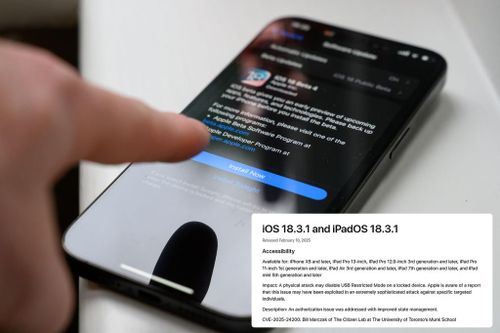
20h ago — “Apple is aware of a report that this issue may have been exploited in an extremely sophisticated attack against specific targeted individuals,” the company warned.
 New York Post
New York Post
20h ago — Harvard has long been accused of fostering an anti-free speech environment and quelching viewpoint diversity. That was the subject of my recent debate with Law Professor Randall Kennedy at Harvard.…
 JONATHAN TURLEY
JONATHAN TURLEY
20h ago — The definition of “misinformation” and “disinformation” is often in the eye of the beholder.
 OC Register
OC Register
20h ago — Elon Musk purchased Twitter in 2022, well above its market value, vowing to restore free speech on the internet. The acquisition followed what was inarguably the most censored pres
 Outkick
Outkick
20h ago — The newest poll from CBS shows Trump has a 53 percent approval rating.
 Louder With Crowder
Louder With Crowder